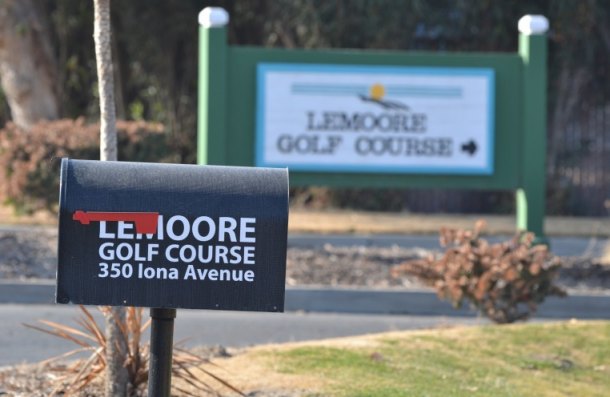Council takes no action, opts for public hearings to determine public's opinion of Benefit Assessment District

When it was all said and done, councilmembers decided to take no action, but did opt to host a series of public hearings in an effort to gauge public opinion.
Quad Knopf was asked to put together an analysis of what it would take to pass such an assessment district, and according to the report, it isn’t going to be easy. It’s going to cost $22,000 just to hire Quad Knopf to perform the tasks required to process and plan a Benefit Assessment District, and possibly more depending on the level of expanded services the city requires.
Quad Knopf, in a lengthy proposal presented to councilmembers at its July 1 meeting, plans to charge the city up to $22,000 for a series of phases which include a kick-off meeting, data gathering, preparing a final report, prepare an assessment for mailing, attend additional public meetings, and of course help count the vote.
A benefit assessment district requires property owners to cast a ballot in favor of, or against an assessment. Adams was less than optimistic about Lemoore’s chances of passing an assessment district indicating that similar districts in other communities haven’t fare so well.
There will be hurdles to passing the proposed benefit assessment, stated Quad Knopf. A major obstacle may be Lemoore residents’ antipathy toward paying for a golf course with taxes. Local property owners may not see the urgency or the need. Quad Knopf says such sentiment may have to be overcome with an extensive public education effort.
Another hurdle that needs to be assessed is the actual “benefit” a district would provide the people of Lemoore. That assessment would be determined by an engineering study done by Quad Knopf. For example, a new solar parking facility would probably pass the “benefit” test, said Adams. Applying funds from the Benefit Assessment District directly to pay the costs of the course, would not.
The course also has no asset replacement fund to help fund repairs or replace equipment.
There are approximately 7,500 parcels in Lemoore. Citing similar ballot measures undertaken by mid-sized communities like Lemoore, the track record has not been good. Less than 50 percent have been successful.
Adams said of the 7,500 eligible votes in Lemoore, if 2,000 of them returned ballots, more than half would be needed to pass the assessment. “You’ve got a threshold here that is not easily passed,” said Adams. “With 7,500 ballots, if 2,000 are turned in, you would need 1,001 to pass.”
Mayor Siegel wondered about the cost of an election, which could reach $60,000, including the $22,000 cost of hiring Quad Knopf, printing materials and conducting an election. “Is that going to be worth it? Is it something that’s going to pass?”
At one point the issue of gauging the public’s mood surfaced. “Somewhere along the way, we want to get some feedback,” said Siegel. “We may want to discontinue (the process).”
Councilmember Lois Wynne added a wet blanket to the discussion, recalling the Lemoore Elementary District’s efforts to pass a school bond. She said the district tried four times to pass a bond for new schools and failed.
Councilmembers opted to conduct a series of five or six public meetings to determine the public’s reaction to an assessment district prior to proceeding with the Benefit Assessment District.
Lemoore
- West Hills College Thanksgiving food distribution held Nov. 15
- Lemoore High School celebrates Homecoming night with annual selection of King and Queen
- Tachi Hotel Resort Casino hosts 21st Annual Santa Rosa Rancheria Pow Wow
- NAS Lemoore squadrons return home after a long seven-month deployment
- Naval Air Station Lemoore crowd welcomed Lt. Dan Band and Gary Sinise
- Concerned Island District citizens gather Wednesday to hear Kings River updates
_0.jpg)

.jpg)



